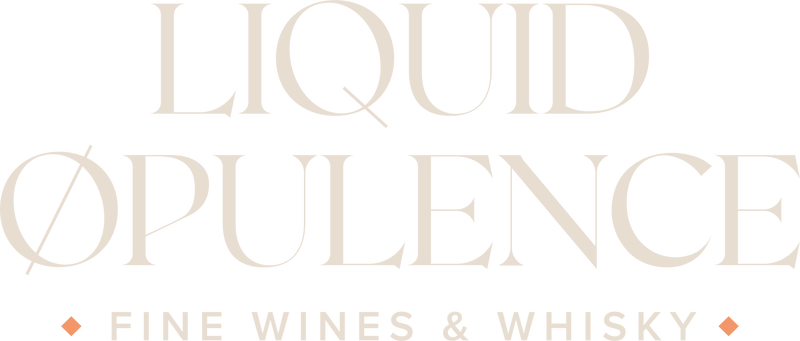During the 17th century, whisky production attracted the attention of the Scottish parliament when they noticed the popularity of the market growing. Naturally, like any government they wanted to profit from the product's rampant production, so finally in 1644 official taxes were imposed.
This additional taxation didn't go down well with many of the distillers at the time, which led to a massive rise in illicit distillation and smugglers. Moving forward into the 1700’s illicit distillation was rampant across Scotland and it became common practice for smugglers to distribute whisky across the country. At the time over 400 illicit stills were operating in just Edinburgh alone.
The Lowlands region, burdened by taxes sought a tax loophole, whilst the highlands struggled to pay any taxes at all. This has a massive impact on the region's reputation for years to come because it enabled the highlands to dedicate more time to produce exceptional spirits, albeit illegally, whilst the lowlands were known for their quantity over quality production methods.


